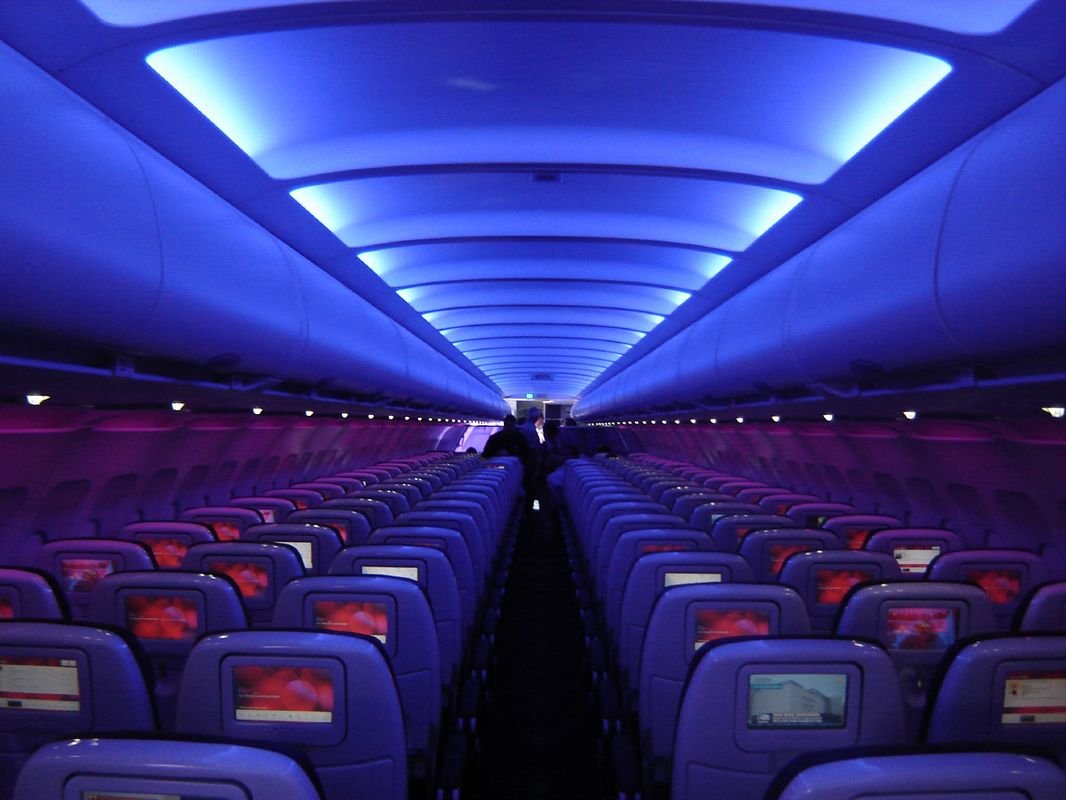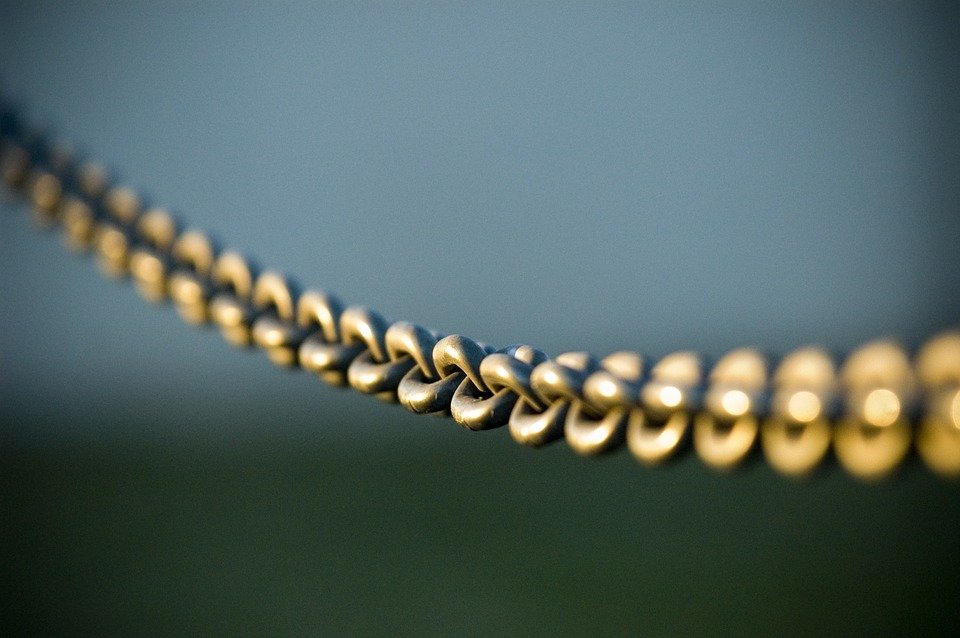
Here's something that I find pretty alarming, having experienced a mandatory in-flight (pesticide) spray, recently being my flight from Thailand to Malaysia. Here's why it's alarming - there were ZERO notifications about it until about 20 minutes before landing, in which they pull up the loudspeaker, saying there's a spray that they must administer in the plane.
To be fair, there are notices about flight routes mandating such pesticide sprays. But the fact that it has completely gone over my knowledge that such a thing exists until the point where I had no choice but to accept the situation that the spray must be carried away, is in itself quite a legit cause of alarm. I wish that the airline company went out of their way to inform of such a thing. It did not happen (or it must have been as insignificant as those fine-print T&Cs).
In a twisted way that the procedure is actually meant to safeguard the health of passengers, it almost felt like an assault to me for a couple of reasons:-
There was an article back in 2015 titled "Should fliers worry about pesticide spraying on planes?" I think it would make better sense to replace the word "fliers" with "outliers". Like fatal peanut allergies, I certainly think there would be outliers, people with the very rare chance of reacting negatively to such sprays. One death is probably too many, for an event that could be prevented.
The cabin itself is a social situation in which I felt obligated not to cause a scene by starting to question the flight crews over something that must absolutely be administered. So I just accepted the spray and I count myself lucky that it doesn't have any adverse effects on me.
I think from this little experience, I might've learned about the concerns of "anti-vaxxers" and "anti-chemtrailers" (maybe). Although I've yet to study their claims comprehensively, I think the situation may be fundamentally the same as the mental process that I went through with the in-flight sprays. Perhaps the worry is simply about the outlier / rare chance and its negative effects. It's a tricky situation since most health-related solutions are just statistically effective, without the guarantee that effects are the same for everybody.

In my opinion, it's not so much that certain people may have diabolical plans, hellbent on harming others. It's about the possibility that most people involved in the process - from researchers, manufacturers, legislators, and in the end, solution administrators (in my case, the flight-attendant) may be discounting the harms that such solutions may cause to a select group of people. Systemic errors may spiral out of control upon hitting a certain threshold.
"My job requires me to spray this, so I just do it."
You may try analogise this in other situations, and it's actually one of the most dangerous habits anyone can develop. Basically following instructions / fulfilling duty without taking responsibility of the consequences. It's the easiest thing to do, yet potentially destructive. After spraying, I asked the flight attendant about the spray.. and the answer wasn't very satisfactory for the potential damage that such a thing may cause.
So here's something to learn (for all parties):-
If you're on duty, know what you're actually doing to others. Maybe it's impossible for everybody learn and understand the possible effects of whatever they're executing, and instead rely more to expert opinion in order to be able to "just do it" (which is a fairly reasonable thing to do, although admittedly ignorant), but what remains here is that we should recognise the possible systemic dangers that arise out of our assumptions and dependence of experts (they aren't infallible).
Maybe it should be made known to everybody in this world to take up the task of learning everything that has to do with airplanes and its flight protocols. That is, take up the responsibility to completely understand "what one is getting into". Yes, that's meant to sound a bit silly.. and that's the point here: it may be silly to explain everything about airplanes to flight customers, but what's not silly is to prioritise informing people about in-flight sprays way beforehand, and try to make sure that the message has been received!
It's okay if an information sounds conspiracy-ish. There's nothing wrong with information and there may be some truth to it. It's simply a better option not to completely discount something just because it doesn't feel right. Personally, I've always likened "conspiracy theorists" to people who are simply trying to remind others to be vigilant.
- A related note: Until genome sequencing and individually-tailored medical solutions become possible and affordable, there's really no good choice but to accept a solution that has been proven to be effective "for the greater good" - I'm looking at vaccines. And for the case of "chemtrails", it's just so high up in the atmosphere, and not a very smart way to do it, if indeed such trails are by design. However in these cases, I'm willing to concede that systemic hazards may have crept in from a messy combination of "experts being mistaken" and "people just doing their job without questioning".
Before ending my piece here, please check out the following links so you can find out about these in-flight sprays, study the information and learn about it. It's okay to question the parties involved, if not to remind them to be vigilant too:-
- https://www.transportation.gov/office-policy/aviation-policy/aircraft-disinsection-requirements
- http://www.who.int/ith/mode_of_travel/aircraft_disinsection/en/
